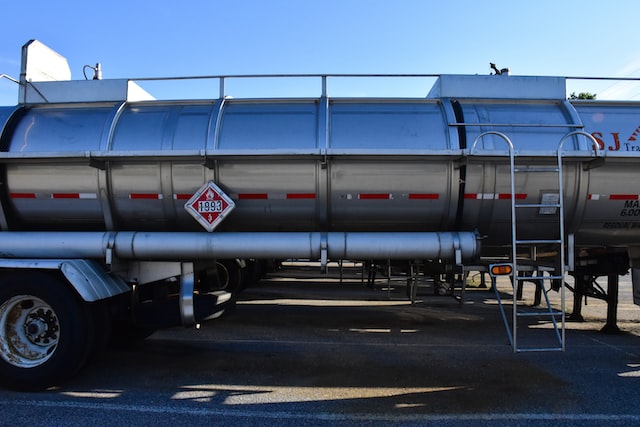There are many reasons to hire a company for oil tank services, NY area. The costs of tank removal, the risks of environmental impacts, and permit requirements are just a few of the factors that justify these expenses. But there are other, more compelling reasons to hire a company specializing in tank removal and disposal. Let’s look at a few of these reasons. After all, who wants to spend money on tank removal when you can hire a professional company?
Costs
If you’re in the market for oil tank removal or decommissioning, there are many factors to consider. The removal process itself can be costly, ranging from $1,000 to $3,000. Many oil tank service companies charge by the pound for hazardous waste disposal, which means the bigger the tank, the higher the cost. The cost of abandonment also depends on the size of the tank, whether the tank is above-ground or underground.
Oil tanks can be dangerous to work around. For example, the soil under an underground tank can become contaminated. If it leaks, soil remediation is necessary to remove harmful chemicals. In some states, tank removal requires reporting and may cost up to $10,000. In some cases, a permit is required. This is why discussing costs with contractors and insurance agents is important before choosing a tank removal company. In addition to these costs, you’ll also need to pay for an environmental protection permit.
Environmental impacts
The environmental impacts of oil tank services are considerable. For example, leaking oil from buried tanks can pollute the soil and groundwater. In addition, the property owner is legally responsible for damages resulting from contamination on their property. This is why removing buried tanks is highly recommended, even if you haven’t previously had any problems with contamination. It’s also possible to avoid spending money on oil tank services altogether by simply removing the tank.
Leaking oil tanks can damage nearby property, contaminate nearby lakes and streams, and affect the community’s health. Leaking oil can also lead to an economic loss if it pollutes drinking water. In some areas, laws require that oil tank services close underground tanks. These laws are in place to protect public health and wildlife from the adverse effects of oil leaks. To help prevent this, oil tank services have several safety features.
Permit requirements
There are several permit requirements for oil tank services. First, you must acquire a permit for the tank. This is required to construct or install the tank. Second, you must have a registration form signed by a registered professional engineer or architect. Finally, you must provide a set of construction drawings. The prospective tank owner and an agent, such as an architect or consulting engineer, must sign these. Finally, you must supply a list of all the materials you plan to use and how the tank will be located.
The Westchester County Department of Health, for example, requires that all oil tanks that are more than 1,100 gallons be registered with the county. To do this, you must submit three copies of a property survey outlining the oil tank’s exact location. Once your tank is registered with the Westchester County Department of Health, you must get a plumbing permit from a licensed plumber. The permit process takes about two weeks to complete.





